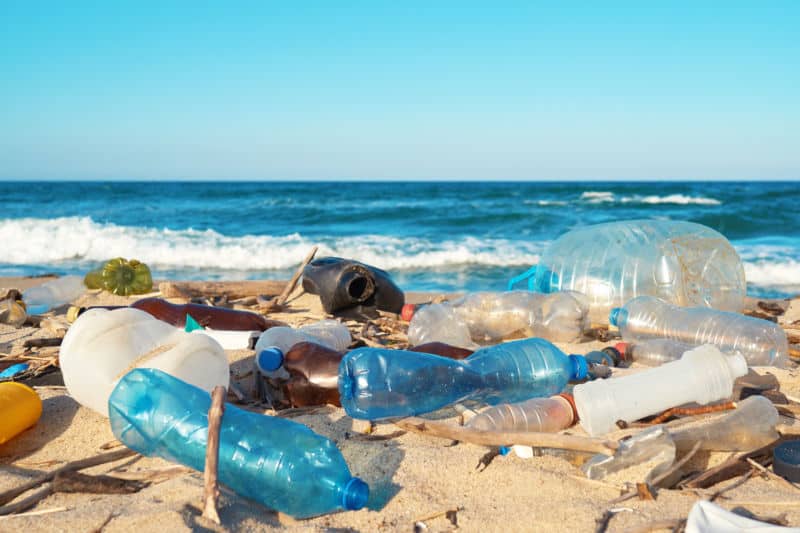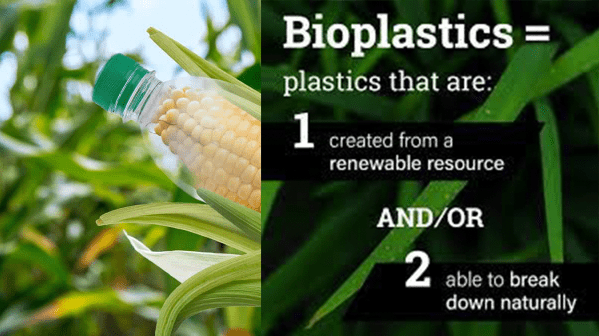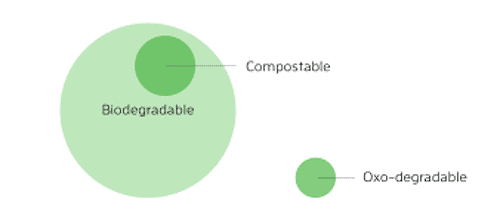“Market demand for bioplastics is ballooning, with global industrial output predicted to reach 2.62 million tonnes annually by 2023… that’s only one percent of the 335 million tones of conventional plastics produced every year.”
The English metallurgist Alexander Parkes never saw the widespread realization of his spectacular 19th-century invention, celluloid, the first plastic. While a revolutionary breakthrough, Parkesine, as it was called, was expensive and brittle. It was used in objects like buttons and combs, but ultimately quality control issues led Parkes’ company to bankruptcy in 1868 just 12 years after the discovery.
Parkesine, however, was also the first bioplastic—a plastic made from renewable plant material instead of fossil fuels. And today with the environmental impact of plastics increasingly on the public mind, bioplastics are making a big comeback. They’re proposed by some as the solution to beaches deluged with plastic and fish bellies stuffed with bottle caps. And perhaps bioplastics can replace oil-based polymers that commonly trash oceans with materials that can break down more easily and would protect a planet already smothered in these resilient substances.
Bioplastic items already exist, of course, but whether they’re actually better for the environment or can truly compete with traditional plastics is complicated. Some bioplastics aren’t much better than fossil fuel-based polymers. And for the few that are less injurious to the planet, cost and social acceptance may stand in the way. Even if widespread adoption of bioplastics occurs down the line, it won’t be a quick or cheap fix. In the meantime, there is also some pollution caused by bioplastics themselves to consider. Even if bioplastics are often less damaging than the status quo, they aren’t a flawless solution.
Read more




Pura Vida Bioplastics = Real Certificates USDA BIO-BASED, TUV, BNQ, GREEN AMERICA Home Compostable – Breaks down 3-4 months without Chemicals
Get a Quote